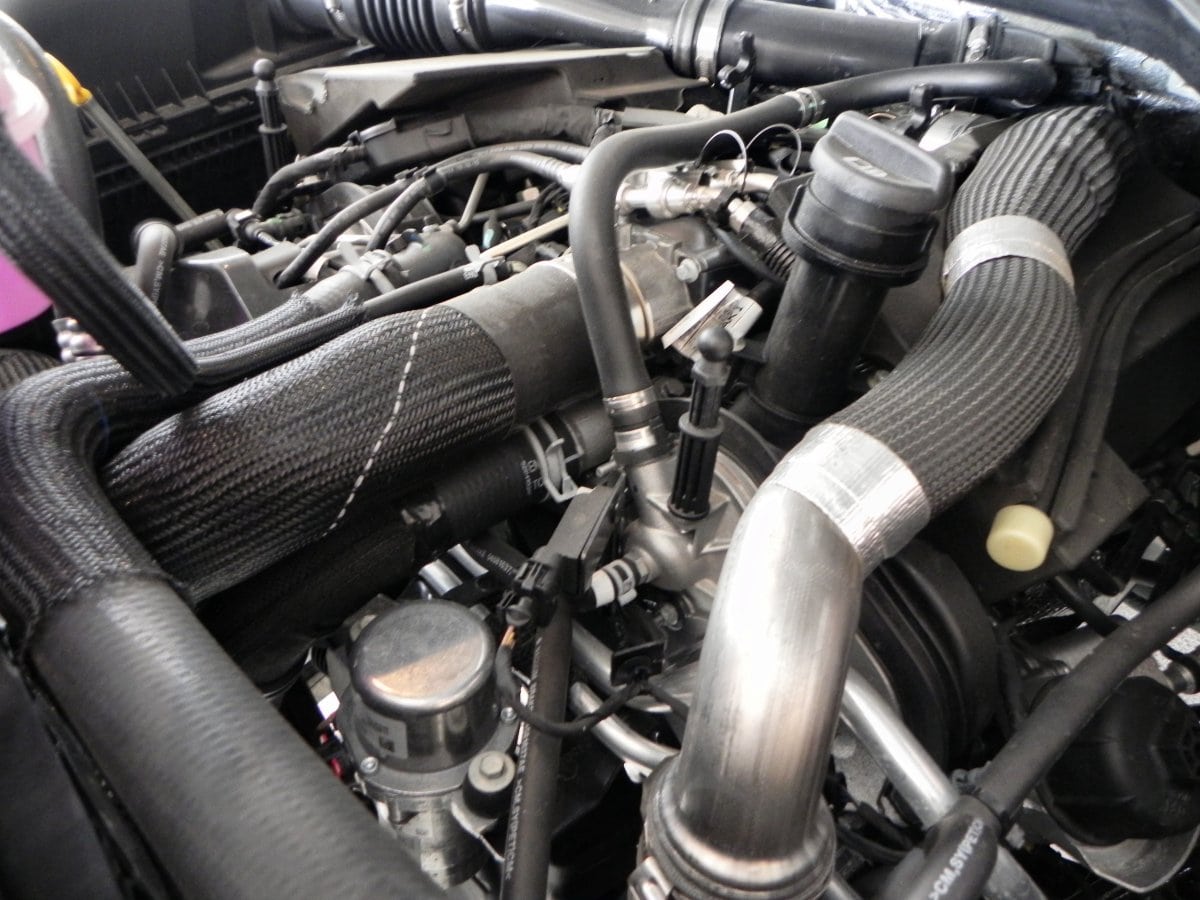2020 has seen many companies invest in company vehicles. Why? Well, the coronavirus and Covid-19 pandemic has altered the way that we work and has seen company vehicles become a lot more essential to a business’ success than previously. Why? Well, the specific benefits a company vehicle can bring to your business will depend largely on what you do to make profits. A company vehicle could open up local delivery options, allowing your traditional brick and mortar store to continue making profits. It could allow your staff to get into work without using public transport, minimising risk of infection and maximising productivity in your workplace. Whatever your reason for considering a company vehicle, chances are it’s pretty logical and necessary. So, here are a few suggestions that can help you to secure the right car first time around.
Do You Want to Buy?
The first question you have to ask yourself when it comes to getting your hands on a company vehicle is whether you actually want to buy this vehicle. If you will be looking for a company car that you or your employees will use on a daily basis for the foreseeable future, chances are your answer will be yes. However, if you’re looking for something like a flatbed truck to use on very rare occasions, you may find that renting could be more cost effective for you than actually buying. You can find out more about renting a commercial flatbed truck vs buying here. Put simply, if you will use the vehicle regularly, you’ll probably get your money’s worth from buying. If you need a vehicle for occasional tasks, renting is going to prove a whole lot cost effective!
Consider Taxes
Remember that there are taxes on cars and other vehicles for company use. The amount of tax attached to the vehicle is likely to depend on what vehicle you opt for. When you provide any of your employees with vehicles to use, they are considered a benefit and, as a result of this, the vehicle will be subject to Benefit in Kind (or “BIK”) tax. This means that the cost of the car will be added to their salary and a tax will be taken off the final sum. The amount of tax that will be paid will depend on multiple factors, including:
- The vehicle’s CO2 emissions
- The make and model of the vehicle
- The vehicle’s list price
- What type of fuel the vehicle uses
- How often the vehicle will be used
Keep this information in mind and ensure that you consider the different factors when choosing a car. Some vehicles, such as vans, can be used tax free if they are used for work purposes alone.
These two areas of focus alone could really help you to find the right vehicle that works for your company. Take your time on this journey. This is a big investment and you want to get it right!







